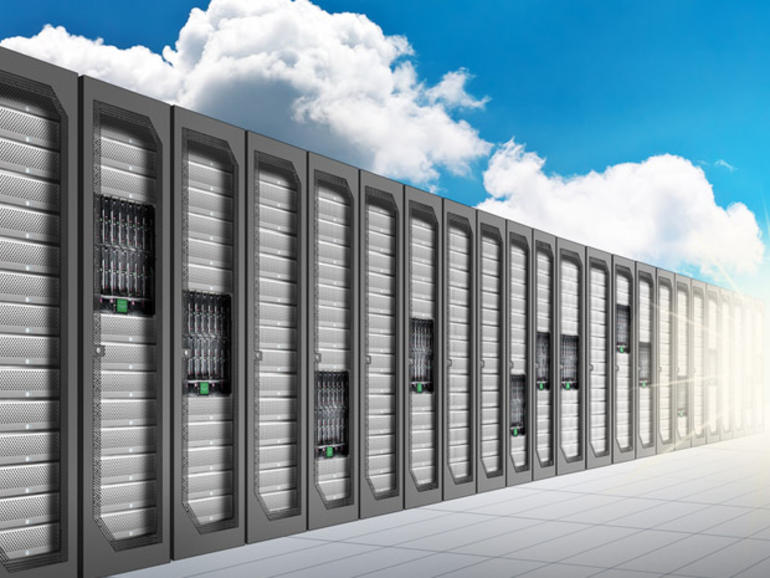The advent of cloud computing several years ago has changed the way businesses work. No longer are companies bound by their IT expenditures; they can use as much infrastructure as they need at any given point in time, scaling up or down as required. The flexibility and affordability that this brings to the table is a tremendous game-changer.
As the popularity of cloud computing grew, a big question started popping up in potential customers’ minds: how secure is the information that I store on a cloud server? And that was a valid question because data security is at the heart of any company’s customer information. As service providers pushed the idea of public and private clouds to new clients, this was an issue they could not avoid answering.
So what did they do? They started on the good foot, implementing enterprise-level security layers into their cloud infrastructure offerings – often even wooing US government agencies with military-grade security capabilities. Companies like Amazon’s AWS, IBM and Microsoft were at the forefront of cloud security, and continue to invest heavily in security updates, skills training for their staff and other key areas.
But the Question Still Remains: How Safe is the Cloud?
One way to answer this is to look at on-premise data center solutions, or on-prem infrastructure. Running a data center is not cheap, and providing robust security for your data pushes up the cost even higher. Not only do you need specialized tools, but you also need manpower with specific talent. The tools are easily available, but the talent is not.
That’s where one of the biggest benefits of cloud infrastructure is highlighted. The fact is, cloud data centers, like those owned by Amazon or IBM or Microsoft, are as secure as any private data facility, but from the customer’s point of view, it’s a whole lot cheaper. That’s because resources at a cloud data center are shared rather than dedicated, meaning they handle the data needs of multiple clients. You can see immediately how this would offset the capital-intensive nature of the data center business.
The other advantage of a cloud-based infrastructure is that you can offer your customers the choice of keeping the data within the political confines of where the data was generated. For example, most countries have regulatory requirements for domestic data being kept domestic. That’s why all the major Cloud Service Providers (CSPs) have multiple data centers across the globe.
Finally, the real test of security is the type of clients that a service provider is able to attract. Microsoft has made significant strides in this area, and they now number several financial institutions among their cloud infrastructure and software clients. And that list keeps growing.

Any company that handles financial data requires a high level of security for its data management. A secure and trustworthy online casino, for example, is not likely to outsource its data storage to a cloud provider unless its security standards are above reproach – the level of security must be equivalent or better. Banks, lending institutions, credit card companies and other organizations that deal with sensitive information all have this one basic requirement, which is why the best CSPs offer nothing but the best in terms of security.
So, when you store your data on the cloud, you have to understand the process of evolution that this has gone through to get where it is. A cloud server from a recognized service provider is as secure as any privately managed data center.
Does that mean it is impossible to hack? No, nothing is impossible to hack. However, the chance of your cloud data being compromised is far slimmer than if you handled your own data needs, for all the reasons we’ve discussed above. That’s unless you’re Bank of America or some other financial giant still resisting the move to third-party managed infrastructure.



